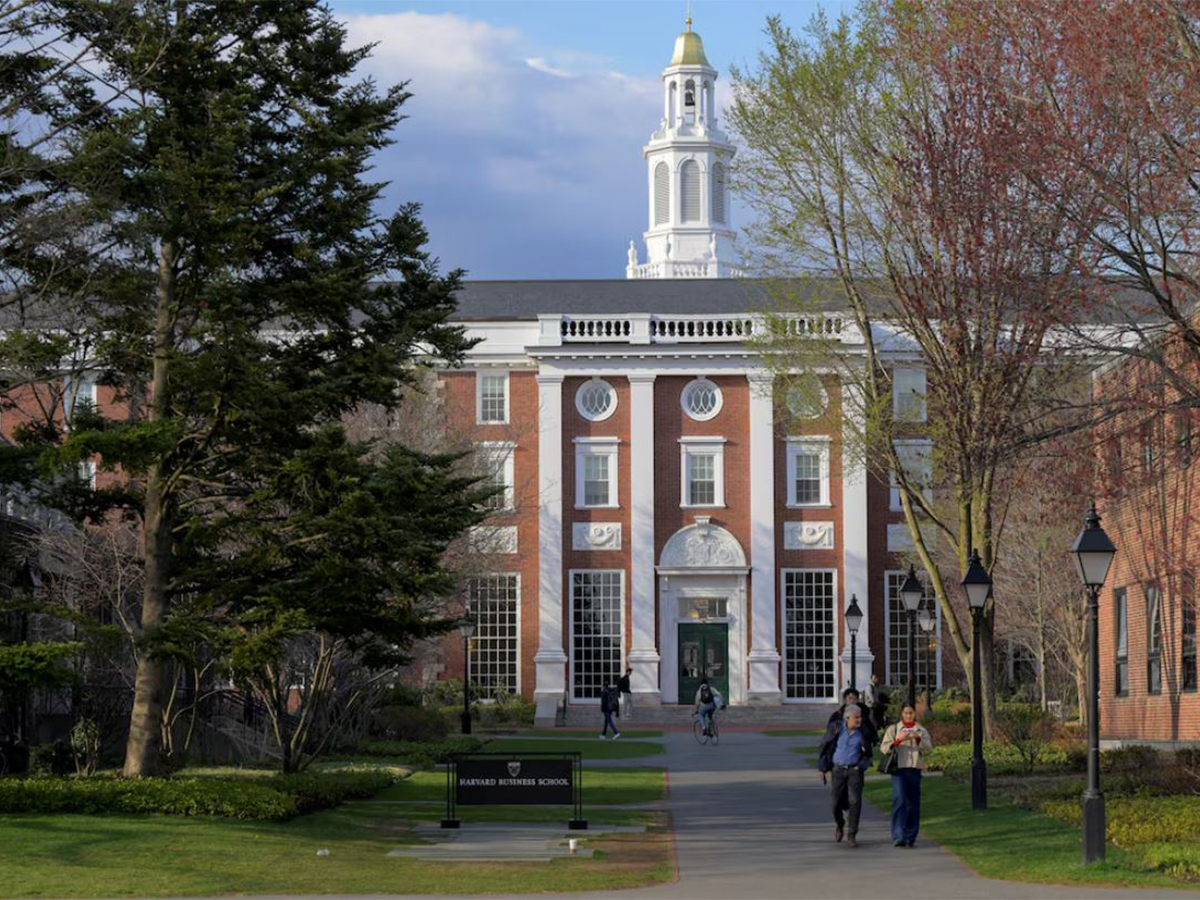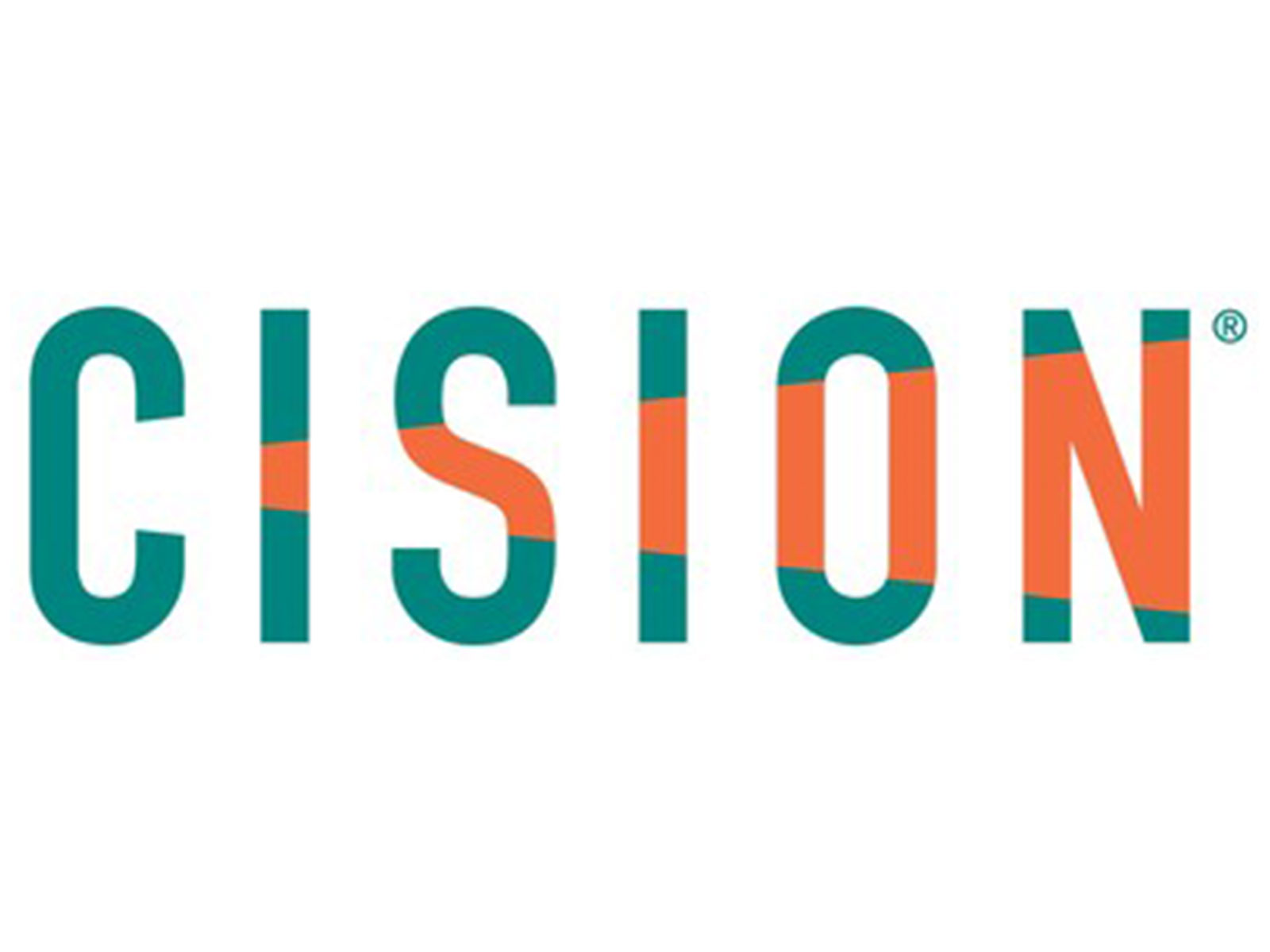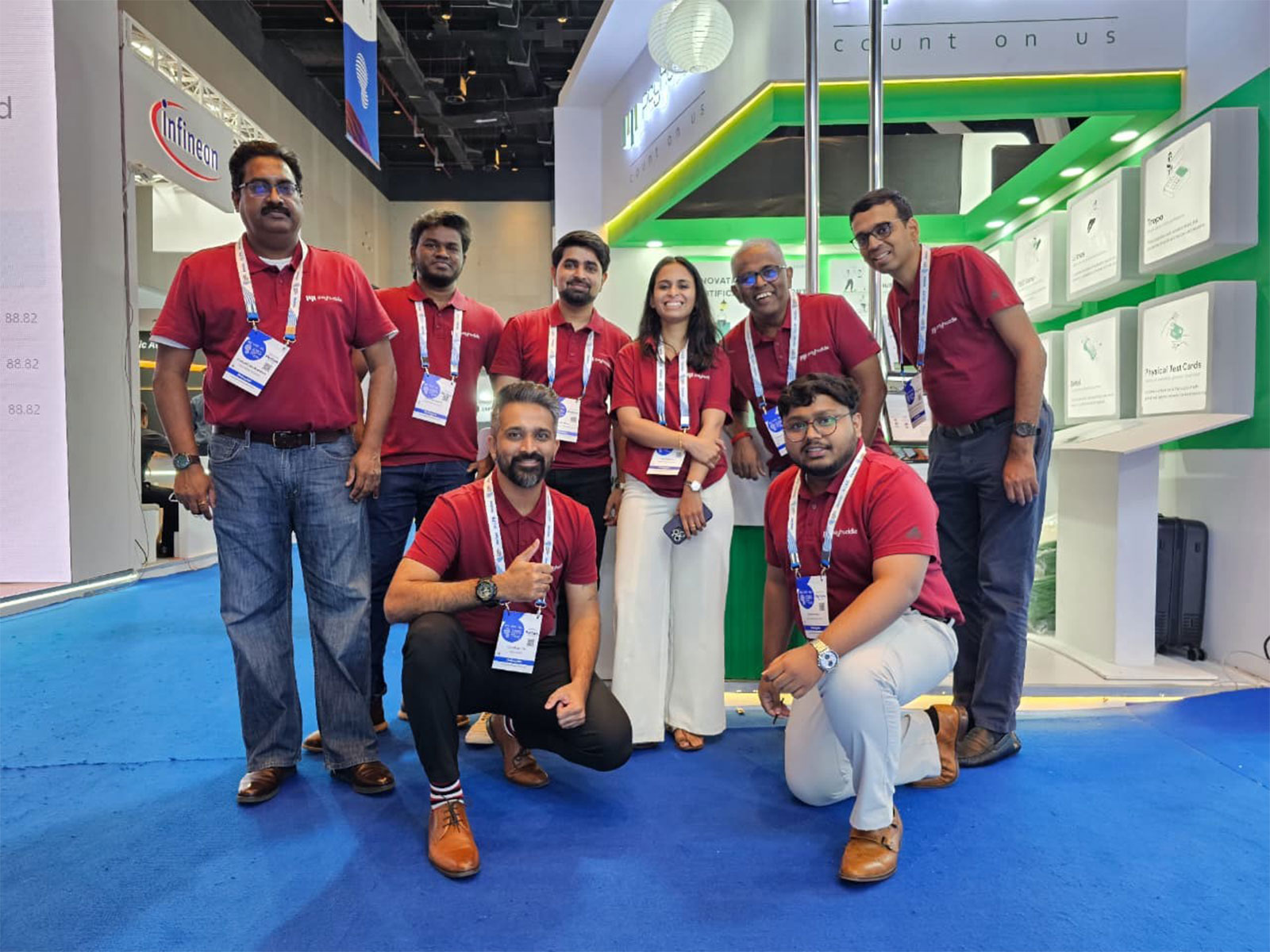
'Exposing' the paradox at Harvard University
Oct 09, 2025
Massachusetts (Boston) [US], October 9: An internal report from Harvard University (USA) has exposed a controversial form of classroom culture at one of the most prestigious schools in the world.
The Committee on Social Responsibility in the Classroom, a group of seven veteran faculty members at Harvard University , began working on the report in February 2024 and completed it in January this year, according to The New York Times on October 7.
Skip class, don't read the materials, still get high scores
Harvard University has one of the lowest acceptance rates in the world, with about 97% of applicants rejected each year. Yet many students are caught skipping classes and failing to read the assigned material, according to the report.
Many students arrive in class looking at their electronic devices and are often hesitant when asked to speak up. In some cases, they are afraid to share ideas that may seem to contradict others. However, the most common reason is that students themselves have not read enough material to be able to contribute effectively in class, the report added.
Despite troubling attitudes, the report concluded, generous grading by instructors allowed truants to complete courses with high grades. Dr. Amanda Claybaugh, dean of Harvard's Graduate School of Education, said that about 40 percent of the school's grades were A's in 2015; that proportion has now risen to 60 percent.
By skipping classes, "students are missing out on the opportunity to hear from students who have different perspectives," the report said. Omosefe Noruwa, a third-year pre-med student at Harvard University, said the faculty committee's assessment was valid. Pre-recorded lectures make it easier for students to skip classes. "If they can get good grades without going to class, they won't come," she told The New York Times .
Establish a new mindset
Economics professor David Laibson, co-chair of the committee that produced the report, said it was time for a change. "Students should know that when they're looking at their phones, they're not really listening to what I'm thinking," he said. The committee's report highlighted "some hard truths about our academic culture," admitted Dr. Hopi Hoekstra, dean of the Faculty of Arts and Sciences.
In response, Harvard and its faculty are working to change the student experience, aiming to shape a generation of students who are more open and engaged in academics. Many professors have begun taking attendance in class. Students are encouraged to take notes by hand instead of using phones or laptops. And to help students overcome their fear of speaking up, professors are enforcing rules requiring students to keep what their classmates share confidential. Other changes are also being implemented.
Source: Thanh Nien Newspaper









